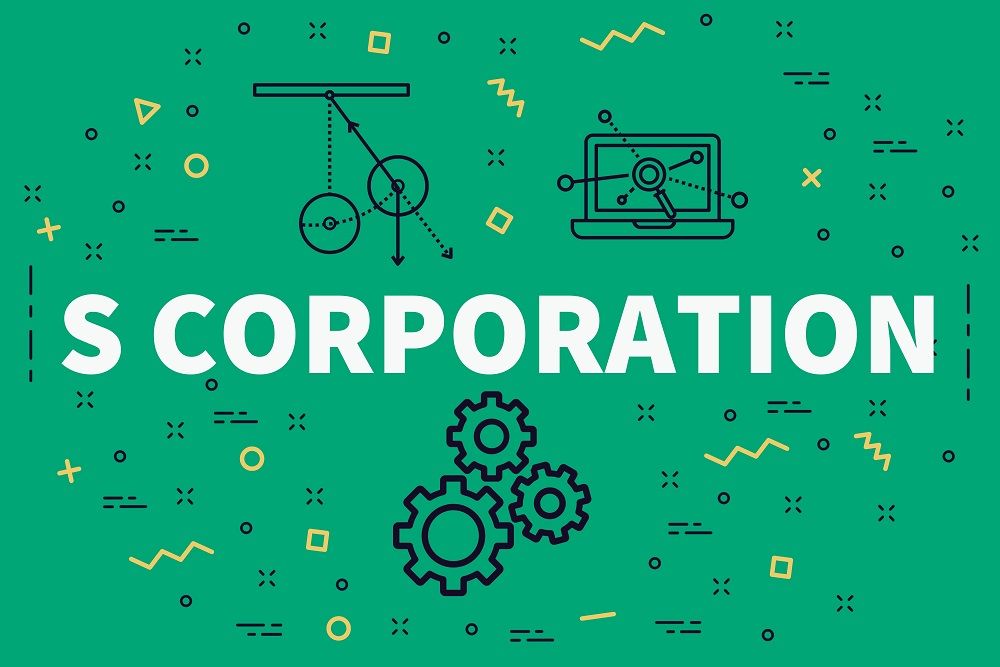 Partnership file as an s-corp
Partnership file as an s-corp
What is a Partnership?
A partnership is a business arrangement in which two or more individuals collectively own and manage the business. Partnerships are relatively simple to form and manage. The income and losses of the partnership flow through to the partners’ individual tax returns, avoiding the double taxation that corporations face.
There are different types of partnerships:
- General Partnership: All partners are jointly responsible for managing the business and share personal liability for its debts.
- Limited Partnership (LP): Consists of general partners (who manage the business and are personally liable) and limited partners (who invest but do not participate in day-to-day operations and have limited liability).
- Limited Liability Partnership (LLP): Similar to a general partnership, but provides some protection against personal liability for business debts.
What is an S-Corporation?
An S-Corporation (S-Corp) is a special type of corporation that elects to pass corporate income, losses, deductions, and credits through to its shareholders for federal tax purposes. This avoids the double taxation typically seen with C-Corporations. Instead, the S-Corp’s income is taxed at the individual level.
To qualify as an S-Corp, the business must:
- Be a domestic corporation
- Have only allowable shareholders (including individuals, certain trusts, and estates)
- Have no more than 100 shareholders
- Have only one class of stock
- Not be an ineligible corporation (such as certain financial institutions or insurance companies)
Can a Partnership File as an S-Corp?
The short answer is no—a partnership cannot directly file as an S-Corp. Partnerships and S-Corps are distinct types of entities under U.S. tax law. However, a partnership can choose to convert into an S-Corp, which might be beneficial depending on various factors. Here’s how it works:
Conversion Process
- Form an S-Corp: If you want your partnership to benefit from S-Corp taxation, you’ll need to form a new S-Corp entity. This involves creating a corporation and then making an S-Corp election by filing Form 2553 with the IRS.
- Transfer Assets and Liabilities: The partnership will need to transfer its assets, liabilities, and business operations to the new S-Corp. This might involve formal legal steps and filings, including transferring contracts, bank accounts, and possibly re-registering the business name.
- Dissolve the Partnership: After transferring everything to the new S-Corp, the original partnership may be dissolved, if desired. The dissolution should be done in accordance with state laws and partnership agreements.
- Tax Implications: This transition can have tax implications, including potential capital gains or other tax liabilities, depending on how the assets and liabilities are transferred.
Why Convert from a Partnership to an S-Corp?
Here are some reasons why a business might choose to convert from a partnership to an S-Corp:
- Limited Liability: An S-Corp provides limited liability protection to its shareholders, which can help shield personal assets from business debts and liabilities.
- Tax Benefits: An S-Corp avoids double taxation by passing income through to shareholders, similar to a partnership. Additionally, S-Corp shareholders who work for the business can receive a salary and potentially reduce self-employment taxes.
- Attracting Investment: Corporations, including S-Corps, may find it easier to attract investors compared to partnerships, particularly if the S-Corp has issued stock.
- Growth and Structure: As businesses grow, they might benefit from the formal structure and additional management flexibility that a corporation provides.
Considerations Before Converting
- Administrative Burden: Operating as an S-Corp involves more formalities and paperwork compared to a partnership. This includes maintaining corporate records, holding regular board meetings, and filing annual reports.
- Costs: There may be costs associated with forming a new corporation and transferring assets. Additionally, there could be tax implications during the transition.
- State Laws: Each state has its own regulations regarding the formation and taxation of corporations and partnerships. Consult with a local legal or tax professional to understand the specific requirements and implications.
For more information To visit: https://www.mca.gov.in
FAQs
1.Can a partnership file as an S-Corp?
Related Topics
Why accounting firms are partnerships ?
For further details visit:В https://vibrantfinserv.com/
Contact:В В В В 8130555124, 8130045124
Whatsapp:В В https://wa.me/918130555124
Mail ID:В В В В В В operations@vibrantfinserv.com
FB Link:В В В В В В https://fb.me/vibrantfinserv
Insta Link:В В https://www.instagram.com/vibrantfinserv2/
Twitter:В В В В В В https://twitter.com/VibrantFinserv
Linkedin:В В В https://www.linkedin.com/in/vibrant-finserv-62566a259/
